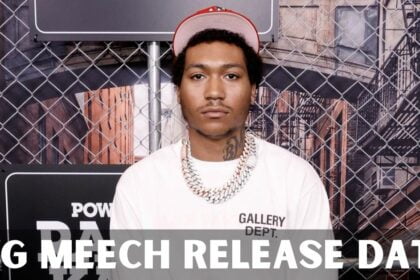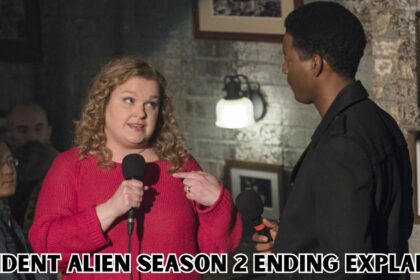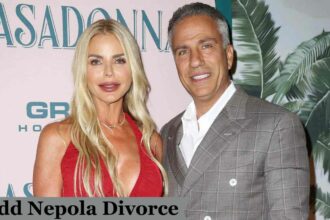Lake County Announced New Gun Violence Prevention Plan!
Lake County has just made a big announcement: a brand-new plan to prevent gun violence! Exciting, right? But what does…
Supreme Court Weighs Bans On Sleeping Outdoors!
When the top court in the United States asks, "Can homeless folks sleep outside?" it makes waves across the land.…
Florida News
Entertainment
Celebrity
Brittney And Cherelle Griner Are Expecting Their First Baby Together!
Get ready for some heartwarming news as Brittney and Cherelle Griner embark on an exciting journey together—they're expecting their first…
Editor's Pick
Tijuana Flats Files For Bankruptcy, Closed 11 Restaurants This Week!
Tijuana Flats, the popular Tex-Mex restaurant, has hit a rough patch and declared bankruptcy. But there's a silver lining –…
Brittney And Cherelle Griner Are Expecting Their First Baby Together!
Get ready for some heartwarming news as Brittney and Cherelle Griner embark…
Todd Nepola Files Divorce From Wife Alexia Nepola After 2 Years Of Marriage!
In the glitzy world of reality TV, drama often unfolds both on…
Latest News
Latest News
Lake County Announced New Gun Violence Prevention Plan!
Lake County has just made a big announcement: a brand-new plan to…
Supreme Court Weighs Bans On Sleeping Outdoors!
When the top court in the United States asks, "Can homeless folks…
Tijuana Flats Files For Bankruptcy, Closed 11 Restaurants This Week!
Tijuana Flats, the popular Tex-Mex restaurant, has hit a rough patch and…
Brittney And Cherelle Griner Are Expecting Their First Baby Together!
Get ready for some heartwarming news as Brittney and Cherelle Griner embark…
Todd Nepola Files Divorce From Wife Alexia Nepola After 2 Years Of Marriage!
In the glitzy world of reality TV, drama often unfolds both on…
Chicago Man Accused Of Armed Robbery At Wadsworth Truck Stop, Faces Charges!
In a startling turn of events, a Chicago man finds himself in…
Gas Leak Follows Garage Fire In Lake Zurich Home, Residents Unharmed!
A sudden fire in a Lake Zurich home's garage sent shockwaves through…
Quentin Tarantino Drops ‘The Movie Critic’ As His Final Film – What Comes Next?
Quentin Tarantino's final film plans have taken a U-turn! The director, known…
911 Blackouts Hit Four States, Leaving Locals Unable To Reach Help!
In four states, the 911 system, which people rely on for urgent…
65-Year-Old Motorcyclist Dies In Collision Near RaceTrac In Leesburg, Confirms Police!
Tragedy strikes in Leesburg as a 65-year-old motorcyclist loses their life in…
Florida’s New Expressway Links Orange And Lake Counties, Featuring On-Road Charging!
Get ready for a groundbreaking development in Florida's transportation system! A brand…
Local Middle Schoolers In Eastlake Prepare for 12-Hour Charity Dance
Get ready to be inspired as we journey into the heartwarming world…
California Housing Finance Agency Accepting Applications For Dream For All Vouchers!
Get ready for an exciting opportunity as the California Housing Finance Agency…
Baltimore Bridge Disaster Highlights Infrastructure Challenges!
Get ready for a sobering revelation as we delve into the aftermath…
Controversial TikTok Star Kyle Marisa Roth Dead At 36!
In the world of social media, Kyle Marisa Roth was a big…






























